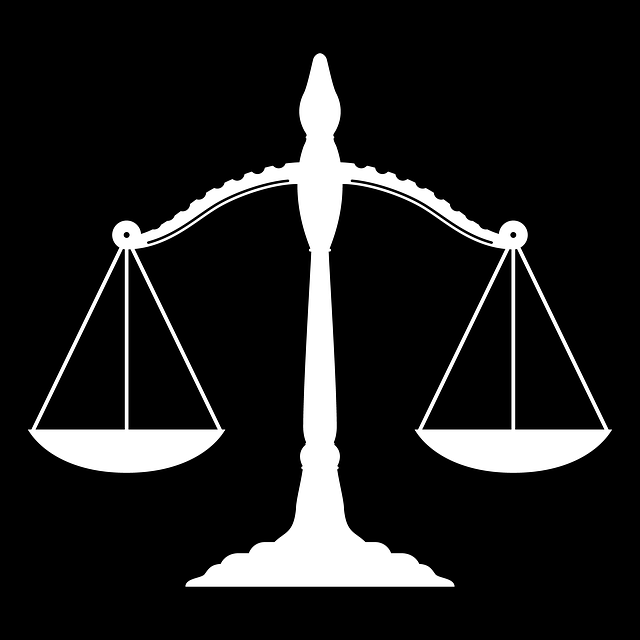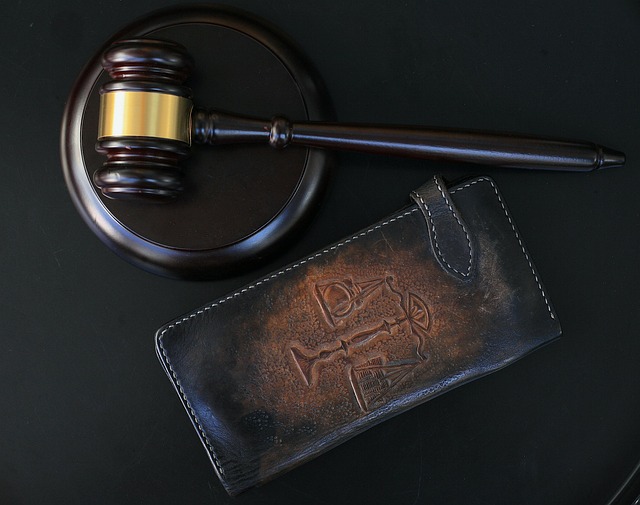Scammers in securities employ schemes like pump-and-dump and Ponzi plans, posing significant risks. Cartel investigations, where entities manipulate stock prices, require detailed white collar defense strategies due to complex transactions. These procedures involve intelligence gathering, covert surveillance, financial analyses, and strategic defenses to mitigate severe penalties, including fines and imprisonment. Effective cartel investigation and penalties deter future manipulations, protect investors, and ensure justice in securities scams.
In the complex world of securities, navigating scams is a crucial step in protecting investors. This article delves into the most prevalent securities frauds, specifically cartel investigations—unveiling procedures and penalties that serve as deterrents. We explore common scams, from insider trading to pump-and-dump schemes, and delve into the Cartel Investigation Procedures and Penalties, offering valuable insights for both investors and regulatory bodies. By understanding these strategies, we can enhance investor protection and prevent fraudulent activities.
- Unveiling Common Securities Scams
- Cartel Investigation: Steps and Techniques
- Legal Penalties for Fraudulent Activities
- Protecting Investors: Prevention Strategies
Unveiling Common Securities Scams
Unveiling Common Securities Scams
In the complex world of securities and investments, scammers often exploit the trust and naivety of investors to enrich themselves. From pump-and-dump schemes to Ponzi plans, these fraudulent activities can have severe financial repercussions. One of the most insidious forms is the cartel investigation, where companies or individuals collude to manipulate stock prices for personal gain. Such practices not only distort market integrity but also endanger the stability of financial institutions and investors alike.
Cartel investigations, often conducted by white collar defense specialists, are high-stakes cases that demand meticulous attention to detail. As authorities delve into these intricate matters, they uncover a web of deceit involving complex financial transactions and sophisticated communication channels. The penalties for those found guilty can be severe, with substantial fines and imprisonment serving as deterrents for future offenders. Achieving extraordinary results in such cases involves a deep understanding of cartel investigation procedures and the ability to navigate the legal complexities effectively.
Cartel Investigation: Steps and Techniques
Cartel investigations are complex, high-stakes endeavors that require a meticulous approach to uncover illegal activity. These probes often involve sophisticated techniques to navigate the intricate web of financial transactions and corporate structures that cartels employ for protection and profit. Authorities use a multi-step process, encompassing all stages of the investigative and enforcement process, to unravel these conspiracies.
First, they gather intelligence through open sources and confidential informants, piecing together initial evidence. This is followed by covert surveillance and wiretaps to capture real-time conversations and illicit dealings. As the investigation progresses, agents conduct financial analyses to identify suspicious patterns and anomalies. Combining these steps allows investigators to build a solid case against cartel members. The ultimate goal is to dismantle the organization, impose significant penalties, and ensure justice for victims—all while avoiding indictment for the accused through robust white-collar defense strategies.
Legal Penalties for Fraudulent Activities
In the event of a securities scam, individuals found guilty of fraudulent activities can face severe legal consequences. These penalties are designed to act as a deterrent and protect investors from future manipulations. When a cartel investigation uncovers illegal practices, it’s not just financial losses that are considered; criminal charges may be pressed against those involved. The legal system takes these matters seriously, especially when it involves large-scale deception that impacts the broader market.
The penalties for securities fraud can include substantial fines and imprisonment. Those found responsible for manipulating stock prices or providing false information to investors may face both civil and criminal liability. A general criminal defense strategy might be employed by defendants seeking winning challenging defense verdicts, aiming to prove their innocence or mitigate punishment. The complexity of these cases often requires expertise in financial laws and cartel investigation procedures to navigate the legal landscape effectively.
Protecting Investors: Prevention Strategies
Protecting investors from securities scams involves a multi-faceted approach that spans all stages of the investigative and enforcement process. By employing robust cartel investigation procedures, authorities can uncover fraudulent activities and impose penalties that act as a deterrent for potential offenders. These strategies include meticulous data analysis, whistleblower cooperation, and leveraging advanced technology to identify patterns indicative of illegal trading practices.
A key aspect of prevention is public education. Investors must be equipped with the knowledge to recognize red flags, such as high-pressure sales tactics or unverified investment promises. Encouraging a culture of skepticism and due diligence can significantly reduce the likelihood of individuals falling victim to securities scams. Additionally, cooperation between regulatory bodies and financial institutions ensures that suspicious activities are promptly reported, enabling authorities to take swift action, including avoiding indictment for those who come forward early in the investigation process, thereby achieving extraordinary results in combating fraudulent schemes.
Securities scams are a pervasive threat, but with the right knowledge and precautions, investors can protect themselves. By understanding common schemes, like those exposed in our discussion on cartel investigations, and being aware of stringent legal penalties for fraudulent activities, we can navigate the financial landscape more safely. Implementing robust prevention strategies is key to safeguarding our investments and promoting fairness in the market. Remember, staying informed and vigilant is our best defense against these deceptive practices.






